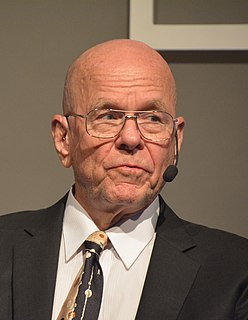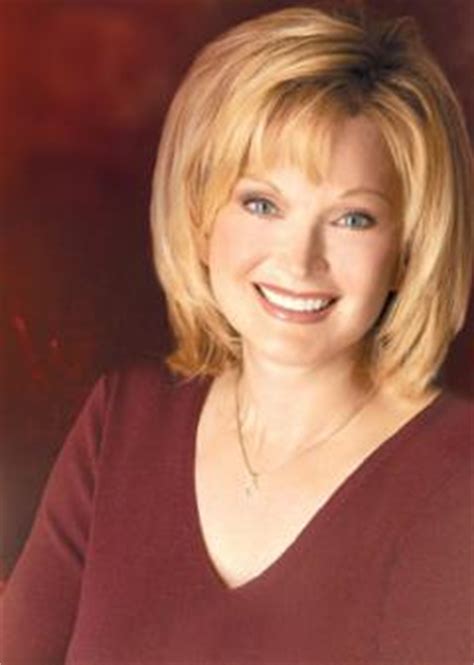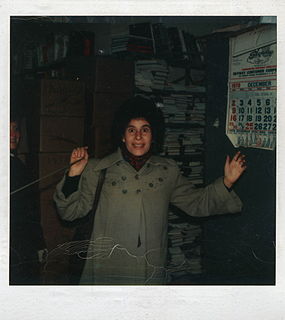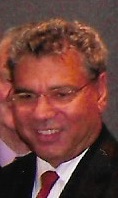A Quote by Ludwig Wittgenstein
We feel that even if all possible scientific questions be answered, the problems of life have still not been touched at all.
Related Quotes
We have a word game in English called "Twenty questions." To play Twenty Questions, one player imagines some object, and the other players must guess what it is by asking questions that can be answered with a "yes" or a "no." I imagine every language has a similar game, and, for those of us who speak the language of science, the game is called The Scientific Method.
All I did was collect a few of the questions I've been asked through the years, write up a brief response and put them in this publication. As a pastor, you get asked questions and receive emails. Many of them I had answered, but just in conversation. So we kind of re-crafted the question and answered it. It turned out to be an interesting exercise. I hope it's encouraging for people.
The basic question that the 'new science' raises for our balance sheet is the issue of what scientific questions have not been asked for 500 years, which scientific risks have not been pursued. It raises the question of who has decided what scientific risks were worth taking, and what have been the consequences in terms of the power structures of the world.
I'm so much more gratified by my life now that I have an expertise. I wake up every day thinking about a fairly small set of scientific questions all related to the psychology of achievement, and I'll never get bored of those questions. That's something I couldn't say to you when I was 22 or 25 or probably even 31.
Everyone wanted to believe that endless love was possible. She'd believed in it once too, back when she was eighteen. But she knew that love was messy, just like life. It took turns that people couldn't foresee or even understand, leaving a long trail of regret in its wake. And almost always, those regrets led to the kinds of what if questions that could never be answered.
The real questions are the ones that obtrude upon your consciousness whether you like it or not, the ones that make your mind start vibrating like a jackhammer, the ones that you "come to terms with" only to discover that they are still there. The real questions refuse to be placated. They barge into your life at the times when it seems most important for them to stay away. They are the questions asked most frequently and answered most inadequately, the ones that reveal their true natures slowly, reluctantly, most often against your will.
As far as I'm concerned, any Aboriginal that gets out there and accepts money that has been put out as a package for this bicentenary is actually accepting blood money. We've still got people with leprosy and we still got tremendous problems. These problems have not been our problems, they're the problems of the European population of Australia.
It is impressive to see a person who has been battered by life in many ways, who is torn by a variety of unsolved problems, who may be alienated from many aspects of the self-but who is still fighting, still struggling, still striving to find the path to a fulfilling existence, moved by the wisdom of knowing, "I am more than my problems."









































